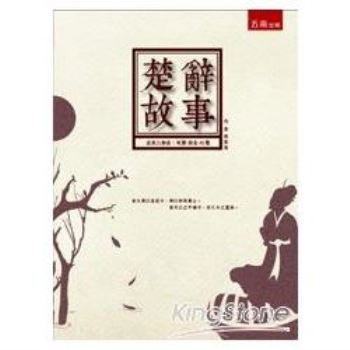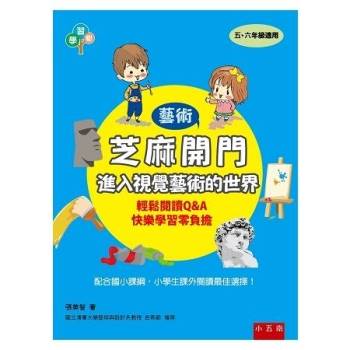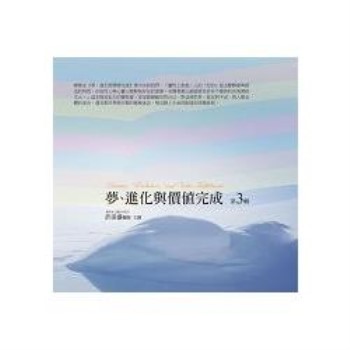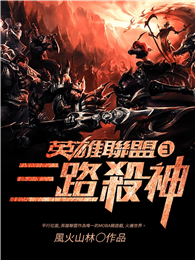This study examines the changing effects of labor migration on the countryside of post-Mao China. Most of the changes are occurring because the migrants send money home and return to their villages for visits or to resettle. The return flows of money, people and information affects rural inequalities, rural spending patterns, agriculture, family relationships, the position of women, and the interactions between villagers and officials. Importantly, some returned migrants even create businesses at home. The book is based on in-depth fieldwork in the Chinese countryside, and it draws comparisons with migration and rural development in other countries.
| FindBook |
有 1 項符合
How Migrant Labor Is Changing Rural China的圖書 |
 |
How Migrant Labor Is Changing Rural China 作者:Murphy 出版社:Cambridge University Press 出版日期:2002-09-01 語言:英文 規格:平裝 / 286頁 / 22.6 x 15.7 x 1.5 cm / 普通級 |
| 圖書館借閱 |
| 國家圖書館 | 全國圖書書目資訊網 | 國立公共資訊圖書館 | 電子書服務平台 | MetaCat 跨館整合查詢 |
| 臺北市立圖書館 | 新北市立圖書館 | 基隆市公共圖書館 | 桃園市立圖書館 | 新竹縣公共圖書館 |
| 苗栗縣立圖書館 | 臺中市立圖書館 | 彰化縣公共圖書館 | 南投縣文化局 | 雲林縣公共圖書館 |
| 嘉義縣圖書館 | 臺南市立圖書館 | 高雄市立圖書館 | 屏東縣公共圖書館 | 宜蘭縣公共圖書館 |
| 花蓮縣文化局 | 臺東縣文化處 |
|
|
圖書介紹 - 資料來源:博客來 評分:
圖書名稱:How Migrant Labor Is Changing Rural China
|




![塔木德:猶太人的致富聖經[修訂版]:1000多年來帶領猶太人快速累積財富的神祕經典 塔木德:猶太人的致富聖經[修訂版]:1000多年來帶領猶太人快速累積財富的神祕經典](https://media.taaze.tw/showLargeImage.html?sc=11100697818)






